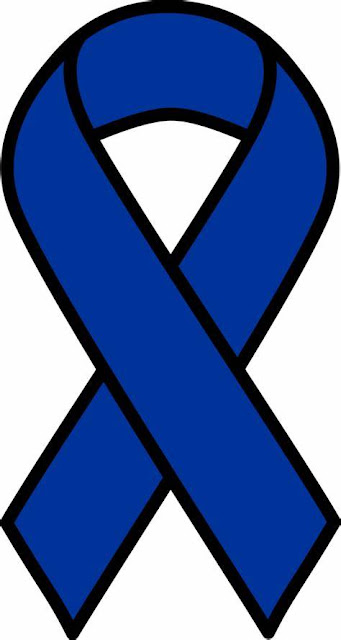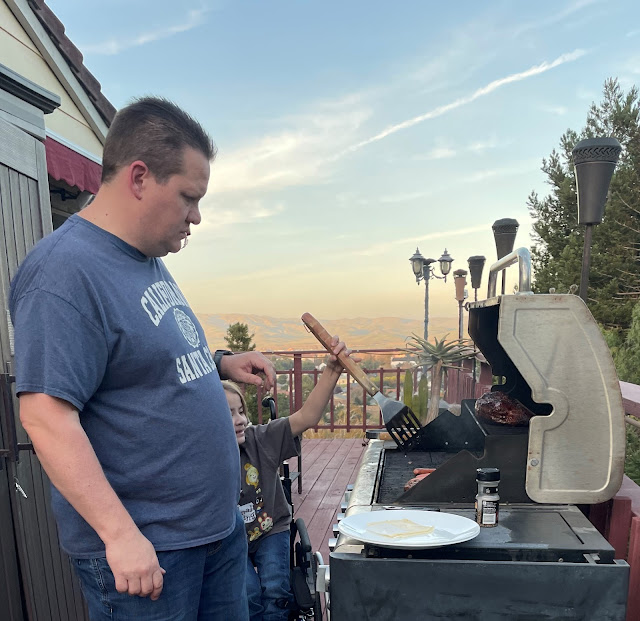Cancer Diary: National Colorectal Cancer Awareness Month

March is National Colorectal Cancer Awareness Month. Being aware of the dangers of colon cancer, how widespread it is, and how fairly easily it can be identified and treated at early states is important to everyone's long-term health because colorectal cancer can attack anyone. Here is a guide that can help: Guide to Colorectal Cancer Carl Leaver for whom the CCC is named and maintained died of cancer of unknown primary. How oncologist believed (no evidence when it comes to CUP) that the cancer started in the colon. I, his wife and MSI Press LLC managing editor, was found cancerous polyps through a home colon cancer test, ordered because of an observed change in bowel behavior, that led to a much-earlier-than-planned follow-up colonoscopy (5 years instead of 7-10 years after the first colonoscopy that had yielded no concerns). That led to several siblings revealing the same state and that they were on short-term follow-up colonoscopy schedules. Carl blew off his scheduled c...





